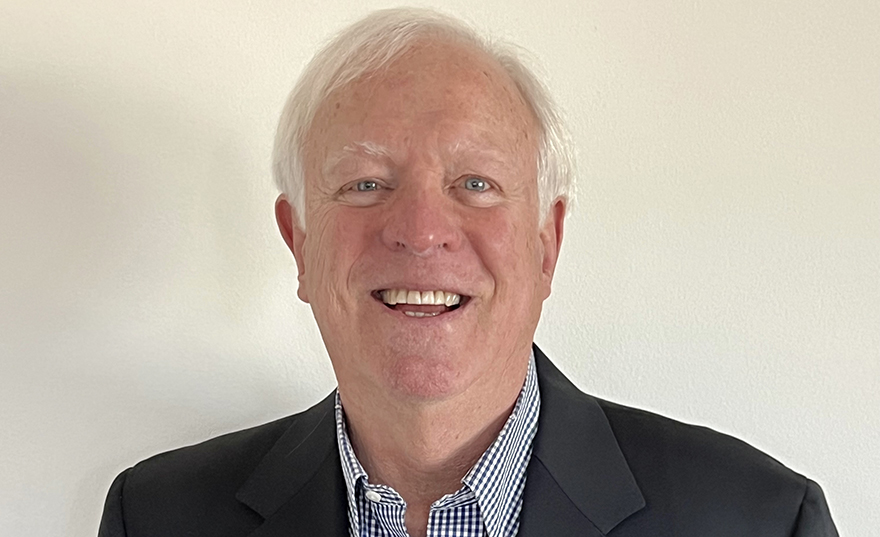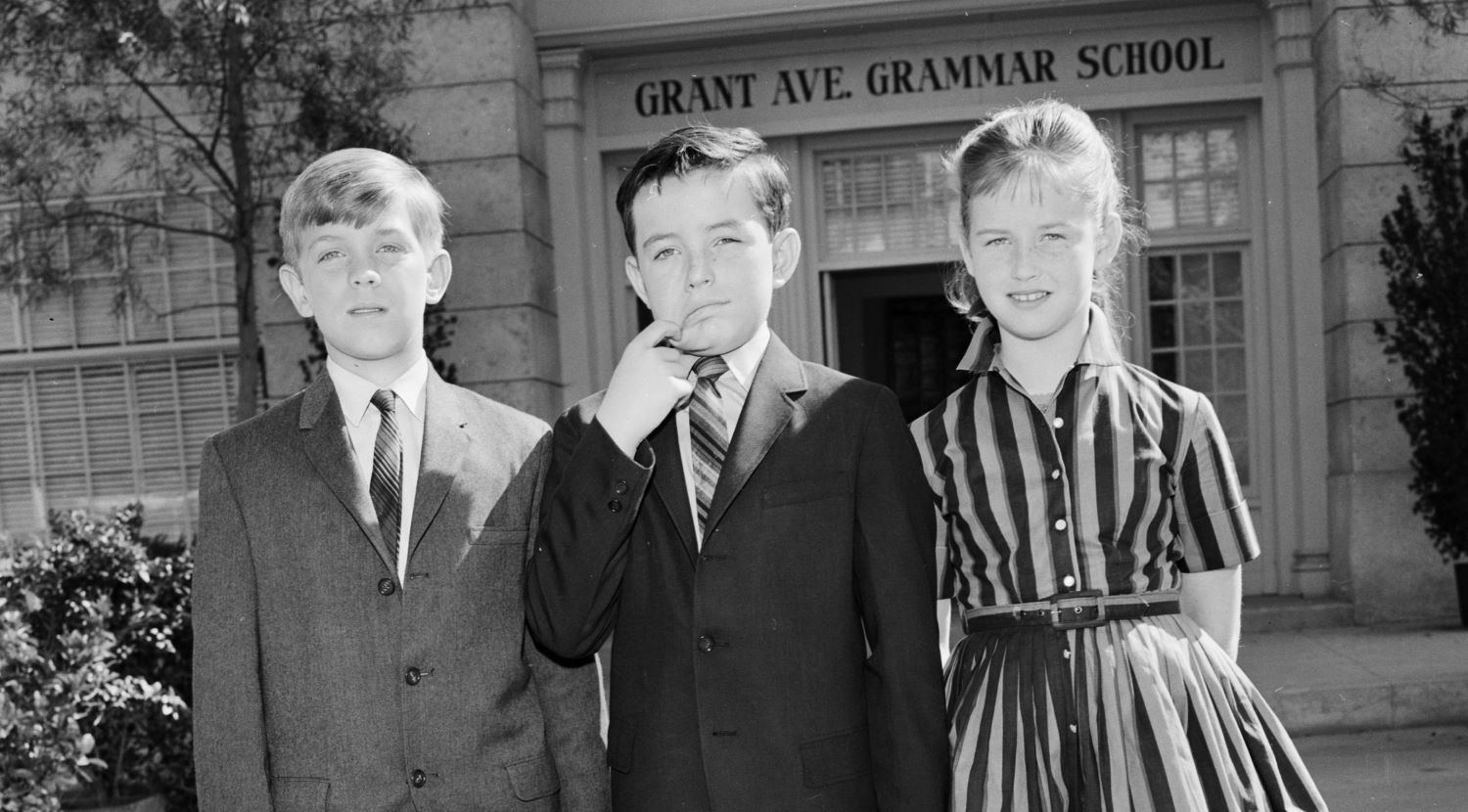Could the course of history have been altered by the actions of ordinary citizens? The answer, in the autumn of 1969, appears to be a resounding yes, as the largest antiwar protests the United States had ever witnessed compelled President Nixon to reconsider his aggressive plans for the Vietnam War.
The story unfolds not only through the lens of political strategy and military maneuvering but also through the remarkable trajectory of Stephen Talbot, a man whose life has spanned the worlds of acting, journalism, and documentary filmmaking. His journey, from the iconic sitcom "Leave it to Beaver" to the frontlines of investigative reporting, provides a unique perspective on the events that shaped a generation. Stephen Talbot, a name now synonymous with insightful documentaries, was once a child actor, navigating the world of Hollywood before transitioning to a career dedicated to shedding light on critical social and political issues.
| Category | Details |
|---|---|
| Full Name | Stephen Talbot |
| Date of Birth | 1949 |
| Birthplace | Hollywood, California |
| Parents | Lyle Talbot (Actor) |
| Siblings | David Talbot, Margaret Talbot |
| Known For | Documentary Filmmaker, Journalist, Former Child Actor |
| Notable Roles | Gilbert Bates in "Leave It to Beaver" |
| Education | Information Not Available |
| Career Highlights |
|
| Current Status | Active |
| Official Website | PBS Frontline - Stephen Talbot |
Born in Hollywood, the son of veteran actor Lyle Talbot, Stephen's early life was steeped in the entertainment industry. He began his acting career at a young age, landing the role of Gilbert, the Beave's best friend, on the beloved sitcom "Leave it to Beaver". This role, which spanned over 50 episodes, brought him national recognition and marked the beginning of his public life. However, the bright lights of Hollywood were not to be his final destination.
By the time the Vietnam War was escalating and the antiwar movement was gaining momentum, Talbot, like many of his peers, was grappling with the realities of the conflict. He witnessed friends being drafted, knew those who had been wounded or killed, and experienced the pervasive sense of unease that gripped the nation. It was a time when everyone seemed to be touched by the war in some way.
Leaving behind his acting career at the age of fourteen, Talbot embarked on a new path, one that would see him transition from the television screen to the realm of journalism and documentary filmmaking. This shift was a testament to his evolving interests and his desire to engage with the world in a more meaningful way. His childhood experiences in Hollywood, however, never completely faded. He later appeared in other classic shows as well, including "Perry Mason," "Lassie," and "The Twilight Zone," making him a familiar face to television viewers.
Talbot's career in journalism and documentary filmmaking has been nothing short of remarkable. He has produced and written over 40 television documentaries for PBS, American Public Media, and other outlets. His work has delved into a wide range of subjects, from the political landscape of San Francisco to the complexities of Zimbabwe under Robert Mugabe, and from space exploration to the world of music. Through his investigative storytelling, Talbot has consistently sought to illuminate critical social and political issues.
A particularly poignant example of Talbot's work is "The Movement and the Madman" (2023), a feature documentary that revisits the pivotal events of 1969. The film focuses on the dramatic showdown over the Vietnam War, contrasting the fervent activism of the peace movement with the decisions being made in the White House by President Richard Nixon and National Security Advisor Henry Kissinger. This documentary serves as a testament to the power of collective action and the influence of public opinion on political strategy.
The documentary reveals how two of the most powerful voices of protest were effective enough that it pressured Nixon to cancel plans for the escalation of the war, including the potential use of nuclear weapons. The protests were more than demonstrations; they were the voices of a generation demanding change. These protests, unprecedented in their scale, sent a clear message to the administration, which would soon recognize that it would not be able to continue its policies without repercussions.
Talbot's ability to weave together personal experiences with historical events is what makes his work so compelling. As a student activist in the 1969 antiwar movement, he witnessed firsthand the passion and dedication of those who were fighting for peace. This personal connection gives his documentaries an authenticity that resonates with viewers.
His commitment to in-depth research and insightful storytelling has made him a respected figure in the world of public television. He is known for his ability to delve into complex issues and present them in a way that is both informative and engaging. His work has contributed to a deeper understanding of the world around us.
The influence of Talbot's family is also worth noting. His father, Lyle Talbot, was a distinguished figure in the entertainment industry. His siblings, David and Margaret Talbot, have also made their mark in the world of journalism and writing. This family legacy of storytelling and intellectual engagement highlights the importance of communication and the pursuit of truth.
It is important to acknowledge the scale of the protests that took place in 1969. The antiwar movement was a powerful force, and its impact on the political landscape was undeniable. The pressure from the public, combined with the growing unpopularity of the war, ultimately played a role in shaping the Nixon administration's decisions. Nixon's plans, which he characterized as "madman" strategies, were ultimately reconsidered in the face of this widespread opposition.
The stories of individuals like Stephen Talbot, who have bridged the gap between entertainment and journalism, serve as an inspiration to those seeking to make a difference. His career is a testament to the power of adaptability and the importance of pursuing one's passions. From the child actor to the veteran documentary filmmaker, his journey illustrates the capacity for reinvention and the enduring relevance of storytelling.
Stephen Talbot's story demonstrates that even within the seemingly disparate worlds of entertainment and activism, there are connections and opportunities for influence. His transition from actor to journalist and filmmaker reflects a personal evolution but also mirrors the societal shifts of his time.
His work also shows a continuing dedication to providing a voice to those who are often unheard and to shed light on stories that deserve attention. The documentary "The Movement and the Madman" continues to serve as a case study in the power of public opinion and its potential to influence major political decisions.
Stephen Talbot's experiences encapsulate the spirit of his generation, from the post-war optimism of his early acting days to the anti-war sentiments that shaped his journalistic path. It's a path built on a foundation of a remarkable career.
Stephen's work with PBS series, such as "Frontline" and "American Experience", has allowed him to explore topics of significant societal importance. Hes left behind the world of sitcoms and entered the realm of journalism, he continues to make sure that his stories and documentaries help shape the way the world is viewed.
The influence of his documentary work underscores the importance of investigative journalism and its ability to hold power accountable. Talbot's commitment to informing the public and to amplifying underrepresented voices is a testament to his dedication to the pursuit of truth.
The convergence of his experiences in front of the camera and behind the scenes underscores the evolving relationship between media, politics, and society. His story embodies the transition from passive observer to active participant, a shift that defines the spirit of an era and the enduring power of the individual.


